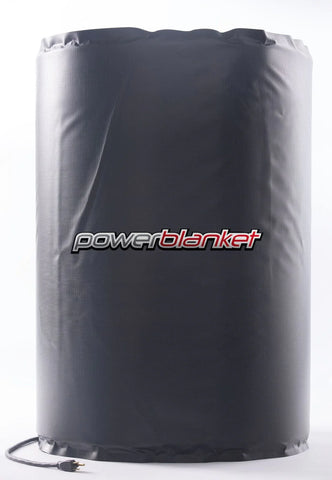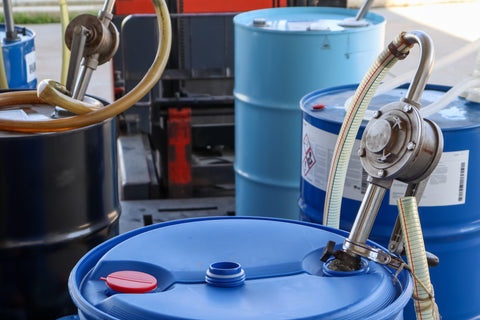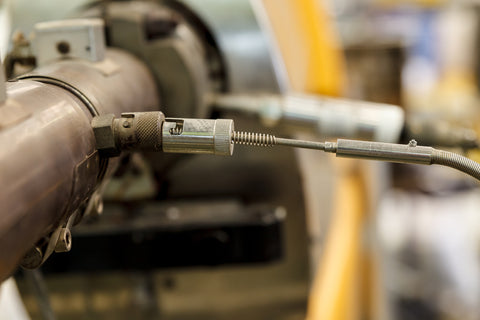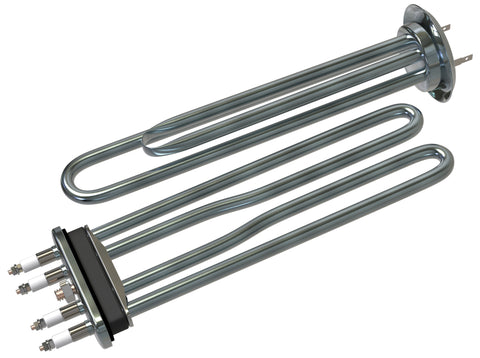Introduction to Fuel and Lube Trucks: Purpose, Contents, and Industrial Use
Fuel and lube trucks play a vital role in various industries, serving as mobile supply units that deliver essential fluids servicing heavy machinery and equipment on-site. These specialized vehicles are equipped to store and transport a range of materials, crucial for the seamless operation of different types of machinery.
What are Fuel and Lube Trucks Used For?
These trucks are designed with optimal specifications to provide on-the-go refueling and lubrication services. They eliminate the need for equipment to return to a base for these necessities, thus saving valuable time and enhancing productivity allowing employees to operate with minimum interruptions. Typically, they are outfitted with tanks, buckets, and dispensing equipment for fuel, oil, and various types of lubricants.
Materials Stored on Fuel and Lube Trucks Commonly, these trucks carry:
-
Fuel: Diesel or petrol for powering various types of machinery and vehicles.
-
Lubricants: Oil and grease to ensure the smooth operation of mechanical parts.
-
Other Fluids: Hydraulic fluids, coolants, and sometimes water, each stored in separate compartments or drums.
Industries that Rely on Fuel and Lube Trucks
-
Mining: Essential for the operation of heavy-duty mining equipment in remote locations.
-
Construction: Used to maintain and service construction vehicles and machinery on-site.
-
Agriculture: Support agricultural machinery, especially during peak seasons.
-
Transportation and Logistics: Vital for large vehicle fleets, ensuring they remain operational with minimal downtime.
-
Municipal Services: Used by city and county services for maintaining various types of municipal vehicles.
Understanding the fundamental role of fuel and lube trucks in these industries highlights their importance, especially in extreme conditions like winter. This underscores the need for diligent maintenance and proper preparation for challenging weather, ensuring that these essential vehicles remain operational and efficient all year round.

Key Maintenance Tasks for Fuel and Lube Trucks in Winter
Winterizing fuel and lube service trucks is a series of crucial steps designed to prevent freeze-ups and ensure smooth operation. Key maintenance tasks include:
-
Heating Systems: Install a drum heater. These are essential for keeping lubricants at the right temperature. An adjustable thermostat can provide precise control, ensuring that fluids like oil and grease remain at optimal viscosity for use. When winter and cold weather tend to slow down operations, practices like heating grease drum or a DEF tote
-
Fluid Monitoring: Regularly check and maintain the fluid levels in the product tanks. This includes not just the oil and lubricants but also the fuel itself. Low levels can lead to increased risk of freezing or gelling in cold temperatures.
-
Inspection of Components: All parts of the truck, especially those exposed to extreme conditions, need thorough inspection. This includes checking the hoses, pumps, and nozzles for any signs of wear or damage.
Ensuring Operator Safety and Equipment Performance
In extreme winter conditions, operator safety becomes paramount. Ensuring that the products to be used and the trucks themselves are in top condition not only protects the operators but also ensures the efficiency and longevity of the equipment they service. This involves:

-
Regular Training: Operators should be well-trained in handling equipment in cold weather, including understanding the signs of potential issues like freezing or equipment strain.
-
Efficiency Checks: Regularly assess the truck's efficiency. This includes evaluating how well the heating elements work and whether the truck is delivering fuel and lube effectively under colder temperatures.
Special Features for Winter-Ready Fuel and Lube Trucks
To combat the challenges of winter, fuel and lube service trucks can be equipped with special features:
-
Cabinet Configurations: These should be designed to protect sensitive components from the cold, potentially using insulation or in-built heating systems.
-
Specialized Heaters: Besides drum heaters, other parts of the truck might also need heating elements to maintain optimal operating temperatures.
-
Winter-Grade Lubricants and Fluids: Using fluids that are specially formulated for low temperatures can significantly reduce the risk of freeze-ups.
Customizing Your Truck for Optimal Performance
To ensure your lube trucks are up to the task, customization might be necessary:
-
Choosing the Right Features: Depending on the specific job site requirements, trucks might need to be equipped with various heaters, thermostats, and insulation features.
-
Body and Chassis Considerations: The truck’s body and chassis should be chosen based on the typical working conditions and the types of roads they'll be traversing. Heavier-duty options might be necessary for rougher terrains or more severe climates.
The Impact of Temperature on Fuel and Lube Delivery
Temperature plays a critical role in fuel and lube delivery operations. As temperatures drop:
-
Viscosity Changes: Oils and lubricants thicken, affecting their flow and delivery. Equipped trucks with proper heating systems ensure these fluids are kept at the right viscosity.
-
Fuel Efficiency: Cold weather can impact fuel efficiency. Regular temperature checks and adjustments are necessary to maintain optimal performance.
Protecting Your Investment: Maintenance for Longevity
Long-term maintenance of fuel and lube trucks is essential to protect your investment:
-
Regular Checks: Routine inspections can identify potential issues before they lead to major repairs or operational downtime.
-
Preventive Measures: Implementing preventive measures like using winter-grade fluids and ensuring all heating elements are functional can extend the lifespan of the trucks.
Case Studies: Efficient Fuel and Lube Truck Operations in Winter
Real-world examples demonstrate the effectiveness of proper winter maintenance:
-
Mining Industry: In mining operations, where equipment reliability is crucial, well-maintained fuel and lube trucks ensure continuous operation even in freezing conditions.
-
Road Maintenance: Trucks used for road maintenance during winter show how versatility and adaptation to cold weather can enhance performance.
Making the Right Choice: Selecting a Fuel and Lube Truck for Your Fleet
Choosing the right fuel and lube truck involves:
-
Assessing Needs: Consider the specific needs of your job site and operations. This includes tank size, chassis strength, and special features.
-
Standard Features vs. Customization: Weigh the benefits of standard features against the need for customization to meet unique operational requirements.
Conclusion
Winter maintenance for fuel and lube trucks is crucial for uninterrupted operations in cold weather. By understanding the challenges, implementing key maintenance tasks, and customizing lube trucks as needed, operators can ensure efficiency, safety, and longevity of their equipment.







